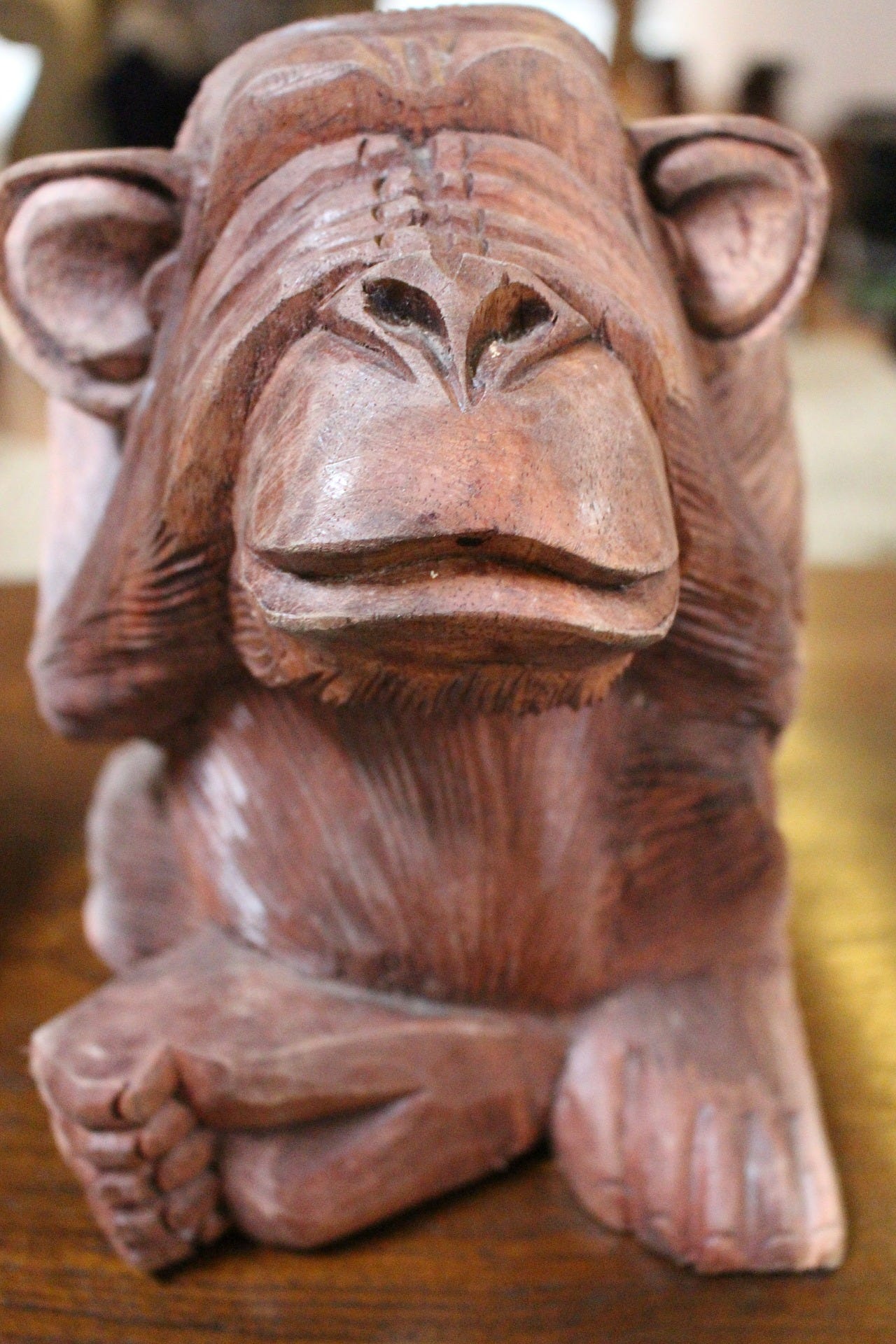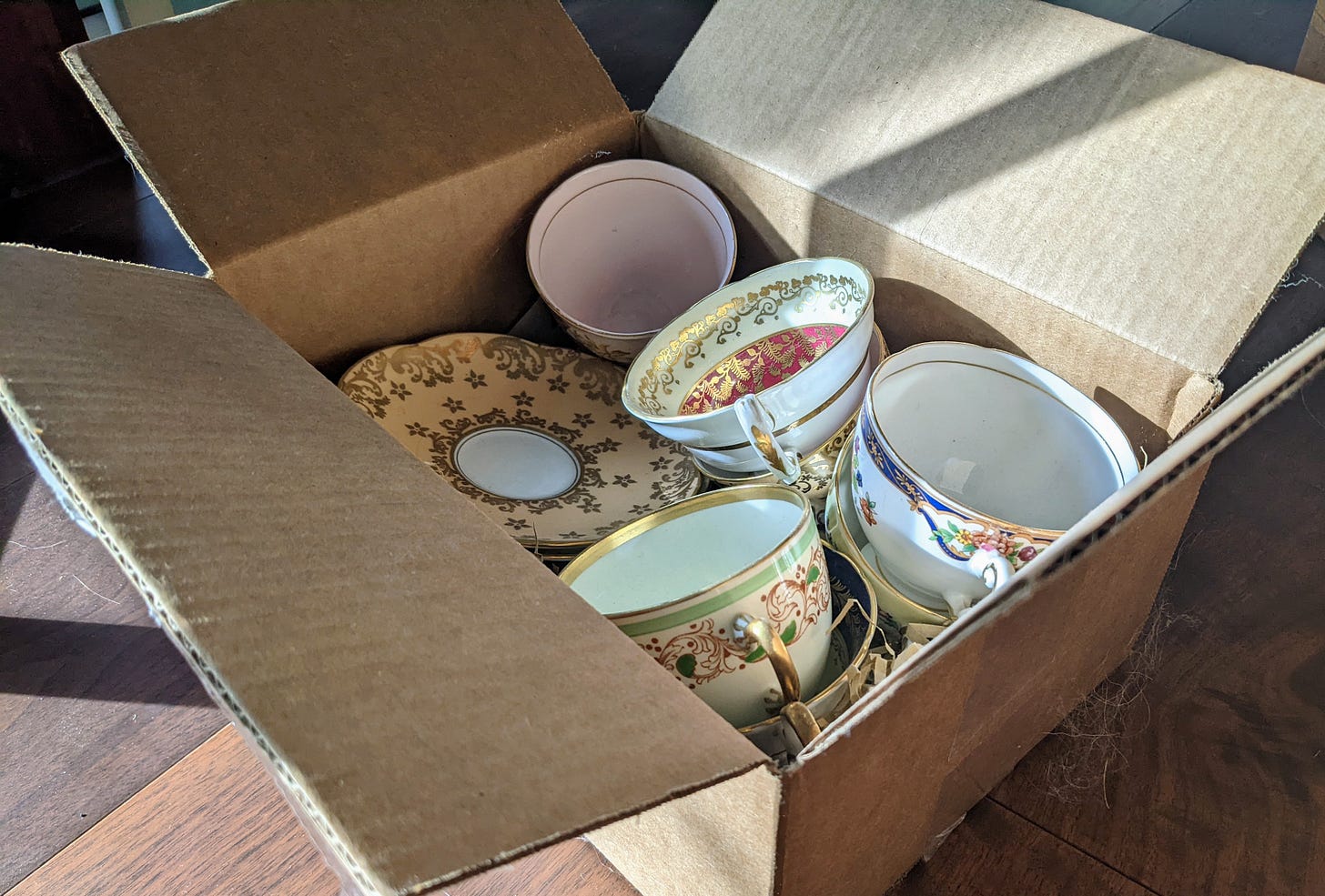For the whole of 2021, every day after meditation, I read one entry of Mark Nepo’s beautiful and brilliant “The Book of Awakening.” It’s a collection of 365 daily jewels of wisdom that, in his words, speak “about our ongoing need to stay vital and in love with this life, no matter the hardships we encounter.”
2021 was a good year to do this, but I had a hunch that 2022 would be even better… so I dove in on January 1, starting at the beginning again. Turns out my hunch was correct.
I always write a response to his daily entry, as a way to more fully engage with the ideas he is offering, and am always nourished by the process. As this year progresses, I’m planning to share some of my responses – the ones I hope will inspire you.
Kicking it off…
On January 2, Nepo tells the story of a friend who, carrying buckets of paint and a drop cloth and brushes, attempts to open the door and ends up covered in gallons of red paint. Nepo’s message: “We cannot hold on to things and enter.”
Lord knows there is plenty of actual, physical stuff I’ve held onto. In the past few months as I’ve readied my house for possible sale, I’ve unloaded boxes of books, forgotten sweaters, and perhaps the most significant – and challenging – of all: old family heirlooms.
My mother died of cancer when I was 23, and my father descended into dementia fairly soon after and was institutionalized, so before I was 30, I had “stuff:” furniture, knick-knacks, artwork. Lots of it. I was living in a studio in NYC at the time, and had nowhere to put it, so I called up Uncle Bob’s Storage Facility in Cleveland so that these heirlooms could rest in a cold, dark room until I needed them.
I never stopped to think about whether I actually liked any of this stuff. Most of it was antique and “valuable,” and it had surrounded me during my formative years, so I unquestioningly held onto it. I can hardly believe I sent them a monthly check out of my meager part-time pay – I was pursuing acting at the time – but then again, much of it reminded me of my mother whom I missed desperately.
The term “heirloom,” a conjoining of “heir” and “loom,” comes from the early 15th century, and describes a tool that is passed down from one generation to the next. It makes sense: if you inherited a farm, you’d also inherit a plow. Practical and functional, those kinds of heirlooms were worth holding onto.
But a set of dainty china teacups? Nope. Yet I’ve dragged them with me from house to house, state to state. My mother did the same, inheriting them from her mother. Did anyone actually like these things?
Nepo got me thinking, as usual. I wondered about all the other inherited artifacts that I’ve been hauling around – but not just the material ones. As Nepo says, “We do this with our love, our sense of truth, even with our pain.”
I realized I’ve held on to beliefs. Lots of them. Big, powerful ones about the world, and small, powerful ones about myself.
Some of the big ones:
The belief that I’m immune to propaganda.
That totalitarianism can only originate from the right.
That our government always acts in my best interest.
And some smaller, more personal ones, beliefs that probably came straight from my beloved mother:
I shouldn’t raise my voice, metaphorically or literally.
I’m not qualified to share my opinion unless I have a degree in that subject.
Being liked is more important than being straightforward.
What does holding on to those beliefs prevent me from entering? I sat with that question for a while, until the answer came:
The big beliefs prevent me from entering into new understandings of the world, seeing the world with new eyes… and the smaller beliefs keep me passive, preventing me from taking action based on those new understandings.
Jim Collins, in his book Good to Great, quotes Admiral John Stockdale, imprisoned and tortured for eight years in the “Hanoi Hilton” during the Vietnam War:
“This is a very important lesson. You must never confuse faith that you will prevail in the end—which you can never afford to lose—with the discipline to confront the most brutal facts of your current reality, whatever they might be.”
My summarization of the lesson: blind optimism is not the key to survival.
In the past two years, I’ve watched as friends and family seemingly willfully ignore what I would call the “brutal facts” of our current reality, in favor of long-held-onto beliefs. I understand; I’ve done it myself. See my list of “big ones” above.
Perhaps the most wholly damaging belief I’ve carried is this one, articulated by Aleksandr Solzhenitsyn:
“There always is this fallacious belief: ‘It would not be the same here; here such things are impossible.’ Alas, all the evil of the 20th century is possible everywhere on earth.”
I would add: It is the very belief in its impossibility that makes evil possible.
How many of us carry that one? Nepo gently reminds us:
“It’s such a simple thing, but in a moment of ego we refuse to put down what we carry in order to open the door.”
What are the facts of your current reality, whatever they might be? Are you seeing them fully and humbly? If not, are you letting go of inherited beliefs you may no longer need?
Holding onto my mother’s belongings did not bring me closer to her; in fact, as I’ve spent more time cultivating a spiritual practice, I realize now how those very items may have prevented me from entering into a true relationship with her sooner. But that’s for another essay.
For now, I am releasing the heirlooms and the beliefs, one by one. I’m letting each one fall from my open hands into the forgiving ground.
Teacups, anyone?







I sometimes buy things, put them on the shelf and think, “well, somebody will have to move that when I’m dead.”
It sounds like you are on a good path. You definitely don’t need a degree to have an opinion, in fact sometimes such clouds your judgment.